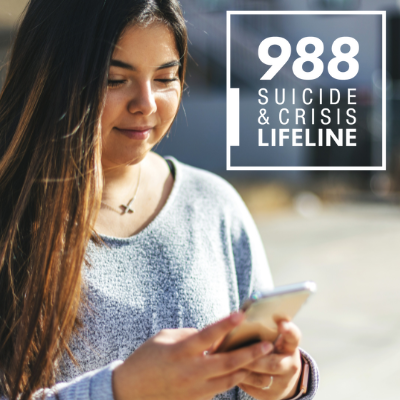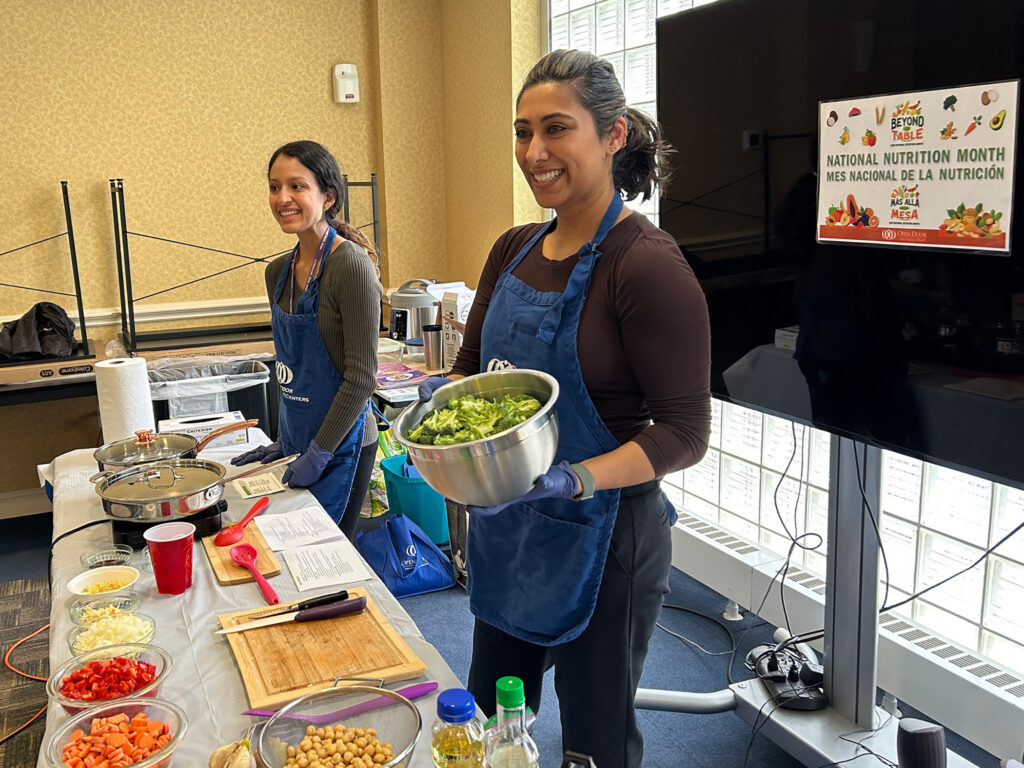Seeing a mental health professional can be the most important step one can take to prevent suicide.
This advice is particularly timely with September being National Suicide Prevention Awareness Month. It is estimated that three people every hour die from suicide and 55 percent of the population has been affected directly by suicide.
The overall rate of suicide actually decreased during the pandemic – at a time when drug overdoses and death from alcohol use went up – with the exception of one age group: young people. The American Academy of Pediatrics, in fact, declared a state of emergency in response to the mental health challenges facing children, adolescents and families during the pandemic.
“Suicide remains a problem and public health issue, but it is a preventable disease,” said Dr. Jacob Samander, a board certified psychiatrist with Open Door Family Medical Center in Ossining. “Cardiologists can’t prevent every heart attack. They address the risk factors that reduce the chances of having one. They have the tools to lower your cholesterol, get you to lose weight, and decrease your blood pressure. Similarly, we do the same in reducing the rate of suicide with risk assessments, screening patients for depression, helping them sleep better, educating them about alcohol and substance abuse. Still, in both cases, people do die.”
Those considering suicide, he said, see it as the only outlet to escape their pain.
“The most difficult step is coming to see people like me,” he said. “The best way to prevent suicide is to see a mental health professional to address impacting psychiatric illnesses, first through therapy and then, if necessary, medication. In most cases, we can get you better. Suicide is an impulsive act. Many patients say once they get better, ‘I don’t know what I was thinking. How could I ever think of killing myself?’”
Suicide Among Adolescents
Studies show that during the pandemic, there was a significant uptick in the number of suicides of children 10 – 14 – making it the fourth leading cause of death in this age group – as well as an increase in cases of youth depression and hospitalizations.
While none of the Open Door’s young patients committed suicide during the pandemic, there were increases in cases of suicide ideology. “Thank God we didn’t have a suicide, but we certainly saw a dramatic increase in the number of children demonstrating fragility,” said Shonny Capodilupo, Senior Director of Behavioral Health at the Open Door. “It’s something we’ve been very concerned about.”
Her team works to increase positive behavioral change and change the way patients think about their circumstances and teaches them ways they can act more positively. Educating families to understand the signs is key.
“Parents may misunderstand their children’s cry for help,” she said. “They may believe they’re just ‘acting out,’ or being overdramatic. They don’t realize that every expression of suicide ideation needs to be taken seriously. Part of what we do is educating the parents so they recognize the signs, understand how to support their child, and are part of a crisis plan in that prevention effort.”
While the reasons for the increase among youth suicidals are not yet explained, Dr. Samander said, “My hypothesis is that mental health conditions worsen when socialization opportunities decrease. Young people were isolated, mom and dad were working, and the kids were left with few social outlets. We are social beings. If there is no interconnectedness between young people and their peers, they start feeling worse.”
Most mental health experts believe that youth suicides will drop once young people adjust to returning to post-pandemic life. “Children will have more eyes on them when they’re in school and in sports, where the signals and risks are seen earlier,” said Capodilupo. “They are in activities that keep them active and productive and that’s a factor in lessening the opportunity they have to act on those impulses, feelings and thoughts. Isolation increases the risk of suicide.”
As for suicide in general, Dr. Samander strongly encourages early identification of suicide risk on as many patients as possible. The Open Door does regular clinical trainings and Grand Rounds focusing on suicide prevention, identification and treatment for its staff – including providers who are not mental health professionals.
“It needs to be all hands on-deck,” he said.
Note that 988 has been designated as the new three-digit dialing code to connect callers to the national suicide prevention hot line.




